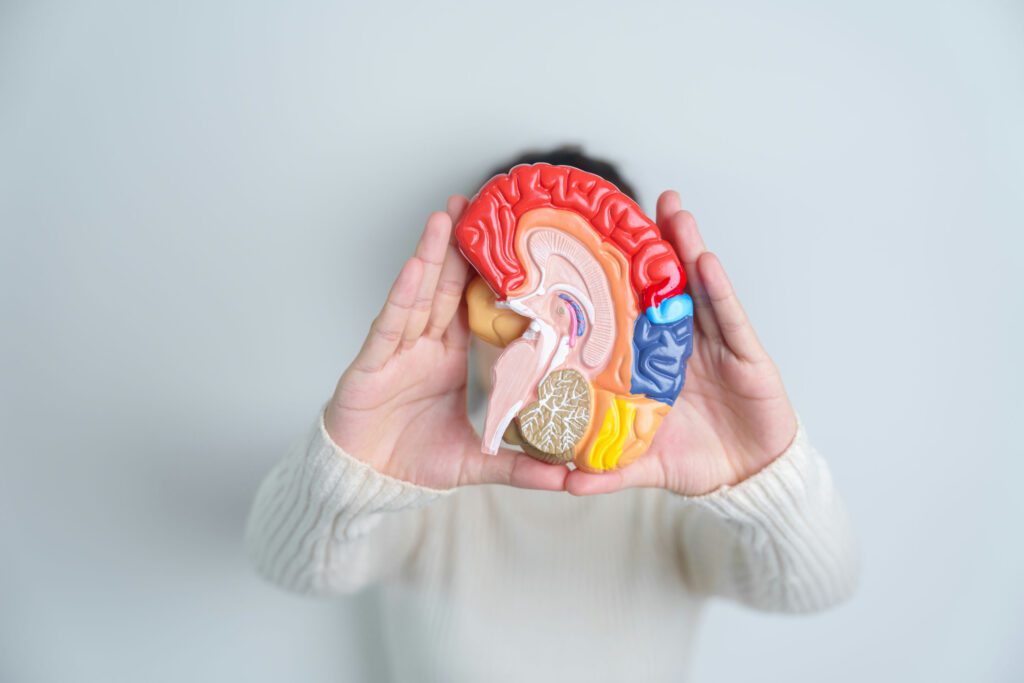
Neurodevelopmental disorders are conditions that affect the way the brain functions. While some individuals may experience mild impairments and lead relatively typical lives, others may require lifelong support due to more severe challenges.
These disorders include: autism spectrum disorder (ASD), attention deficit/hyperactivity disorder (ADHD), learning disability, communication disorders such a developmental language disorder, motor disorders such as developmental coordination disorder, specific learning disorder, tic disorder and developmental disorders associated with genetic abnormalities, amongst many others.
If you notice several of these signs or have concerns about your child’s development, seeking a neurodevelopmental assessment can provide valuable insights and guide appropriate interventions and support.
Autism is a neurodevelopmental condition that affects how a person communicates with and relates to others, as well as how they experience the world around them. Autistic individuals may have difficulty understanding social cues, expressing themselves verbally or nonverbally, and may show repetitive behaviours or have specific interests. Autism is a spectrum disorder, meaning that symptoms can vary widely from person to person, and individuals with autism can have a range of strengths and differences.
Attention Deficit Hyperactivity Disorder (ADHD) is a neurodevelopmental disorder that affects people’s ability to pay attention, control impulsive behaviours, and manage their energy levels. People with ADHD might find it hard to focus, sit still, or finish tasks. They might also act before thinking or have trouble organising their thoughts and actions.
A learning disability is a condition that affects how someone learns new things, understands information, or communicates with others. People with learning disabilities may have trouble with skills like reading, writing, math, or paying attention.
Developmental delay means that a child is taking longer to reach certain milestones compared to other kids their age. These milestones could be things like talking, walking, or socialising. It doesn’t mean something is wrong with the child, but it might indicate they need a little extra help or time to catch up. With support and sometimes therapy, many children with developmental delays can make progress and reach their milestones in their own time.
Copyright © 2024 Chase Lodge Hospital
WhatsApp us